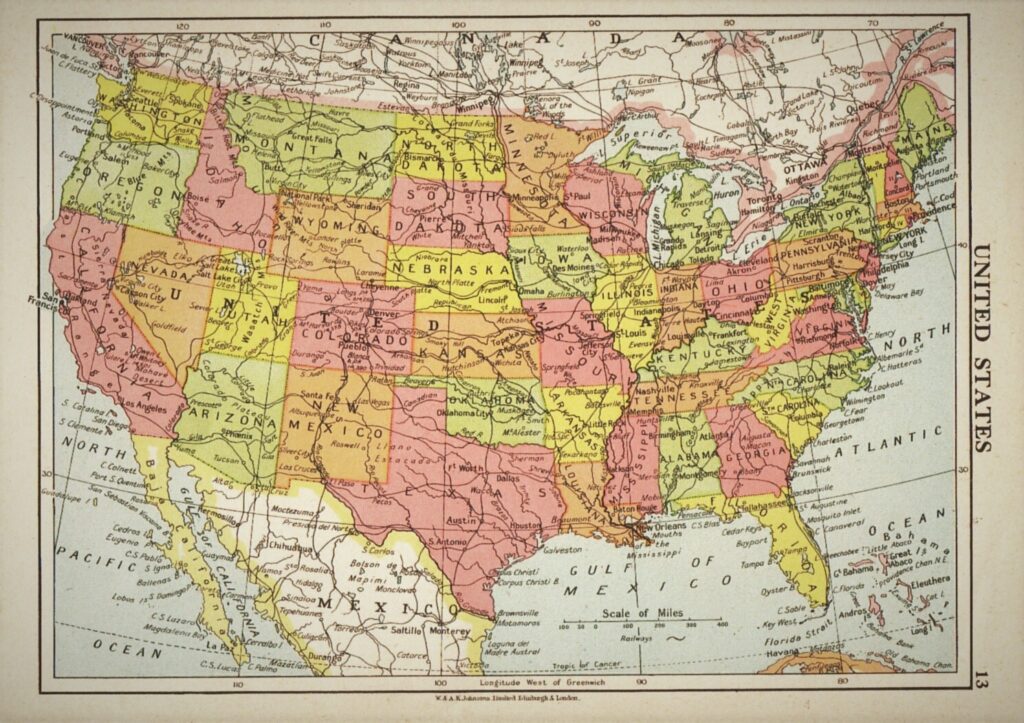While there is a lull in the action until we find out what is going to happen with the Special Election in Millard County, we’re going to take the opportunity to address and talk about a few other issues.
 This month marks the 40th Anniversary of the resignation of President Richard Nixon, in August 1974, based on what became known as the Watergate Scandal, or the Watergate Cover-up. Every generation seems to have at least one major scandal in the White House. In the Reagan era, it was the Iran-Contra Scandal. During President Clinton’s tenure it was his liaisons with Monica Lewinsky. But the mother of all Presidential scandals in modern history was Watergate, which led to articles of impeachment, which resulted in the only resignation of a president in U.S. history.
This month marks the 40th Anniversary of the resignation of President Richard Nixon, in August 1974, based on what became known as the Watergate Scandal, or the Watergate Cover-up. Every generation seems to have at least one major scandal in the White House. In the Reagan era, it was the Iran-Contra Scandal. During President Clinton’s tenure it was his liaisons with Monica Lewinsky. But the mother of all Presidential scandals in modern history was Watergate, which led to articles of impeachment, which resulted in the only resignation of a president in U.S. history.
At this point, the memory of Watergate has faded, and many in the younger generation may know little about it. For that reason, it may be useful to review what happened.
For a great read about Watergate, check out the article in a recent Atlantic Magazine, likewise recognizing its significance 40 years later. www.theatlantic.com/politics/archive/2014/08/five-days-in-august-what-it-was-like-to-report-watergate/375810/
In a nutshell Watergate was a major political scandal that occurred in the United States in the 1970s as a result of the June 17, 1972 break-in at the Democratic National Committee (DNC) headquarters at the Watergate office complex in Washington, D.C., and the Nixon administration‘s attempted cover-up of its involvement.
The term Watergate has come to encompass an array of clandestine and often illegal activities undertaken by members of the Nixon administration. Those activities included such “dirty tricks” as bugging the offices of political opponents and people of whom Nixon or his officials were suspicious. Nixon and his close aides ordered harassment of activist groups and political figures, using the Federal Bureau of Investigation (FBI), the Central Intelligence Agency (CIA), and the Internal Revenue Service (IRS). The scandal led to the discovery of multiple abuses of power by the Nixon administration, articles of impeachment,and the resignation of Richard Nixon, the President of the United States, on August 9, 1974 — the only resignation of a U.S. President to date. The scandal also resulted in the indictment, trial, conviction, and incarceration of 43 people, dozens of whom were Nixon’s top administration officials.
After a protracted series of bitter court battles, the U.S. Supreme Court unanimously ruled that the president had to hand over the tapes to government investigators; he eventually complied. Recordings from these tapes implicated the president, revealing he had attempted to cover up the questionable goings-on that had taken place after the break-in. Of much greater importance and consequence than the break-in itself was the political cover-up that occurred afterwards.
One of the most interesting things about Watergate, as with many such scandals and cover-ups, is how many of the officials absolutely denied any possible wrong-doing of any kind.
THE WATERGATE BREAK-IN
 Watergate has entered the political lexicon as a term synonymous with corruption and scandal, yet the Watergate Hotel is one of Washington’s plushest hotels. Even today, it is home to former Senator Bob Dole and was once the place where Monica Lewinsky laid low. It was here that the Watergate Burglars broke into the Democratic Party’s National Committee offices on June 17, 1972. If it had not been for the alert actions of Frank Wills, a security guard, the scandal may never have erupted.
Watergate has entered the political lexicon as a term synonymous with corruption and scandal, yet the Watergate Hotel is one of Washington’s plushest hotels. Even today, it is home to former Senator Bob Dole and was once the place where Monica Lewinsky laid low. It was here that the Watergate Burglars broke into the Democratic Party’s National Committee offices on June 17, 1972. If it had not been for the alert actions of Frank Wills, a security guard, the scandal may never have erupted.
CHRONOLOGY OF EVENTS
The story of Watergate has an intriguing historical and political background, arising out of political events of the 1960s such as Vietnam, and the publication of the Pentagon Papers in 1970. But the chronology of the scandal really begins during 1972, when the burglars were arrested. By 1973, Nixon had been re-elected, but the storm clouds were building. By early 1974, the nation was consumed by Watergate.
RICHARD MILHOUS NIXON
Richard Milhous Nixon is one of the most fascinating political figures of the 20th Century. His long political career began in 1947 when he was elected to the House of Representatives. By 1952, Nixon had been chosen as Dwight Eisenhower’s vice-presidential running mate, but not before he was embroiled in a scandal that led to the infamous Checkers Speech.
Nixon served as Vice-President for eight years, then lost the 1960 election to John F. Kennedy. He recovered from political defeat to be chosen again as the Republican Party’s candidate at the 1968 election. Following a year of turmoil, including two political assassinations, Nixon became the nation’s 37th President on January 20, 1969. Later that year, he delivered his ‘Silent Majority’ speech on the Vietnam War, articulating his belief that the bulk of the American people supported his policies and programs. He was vindicated by winning a landslide re-election. He was sworn in for a second term in Janury 1973.
NIXON REACTS TO WATERGATE
Nixon made three major speeches on the Watergate scandal during 1973 and 1974. The first was on April 30, 1973, in which he announced the departure of Dean, Haldeman and Ehrlichman. A more defiant speech was delivered on August 15, 1973. Perhaps the politically most difficult speech was the one on April 29, 1974, in which Nixon released partial transcripts of the White House tapes. MORE
THE INVESTIGATIONS
 Initial investigations of Watergate were primarily by the media. The investigative reporting of two young reporters, Bob Woodward and Carl Bernstein, with the Washington Post, along with their mysterious confidential informant, Deep Throat, became the flashpoint for further investigation. It is unlikely that Watergate would have ever been exposed or anything else would have happened if it had not been for their important work.
Initial investigations of Watergate were primarily by the media. The investigative reporting of two young reporters, Bob Woodward and Carl Bernstein, with the Washington Post, along with their mysterious confidential informant, Deep Throat, became the flashpoint for further investigation. It is unlikely that Watergate would have ever been exposed or anything else would have happened if it had not been for their important work.
Political investigations began in February 1973 when the Senate established a Committee to investigate the Watergate scandal. The public hearings of the Committee were sensational, including the evidence of John Dean, Nixon’s former White House Counsel. The Committee also uncovered the existence of the secret White House tape recordings, sparking a major political and legal battle between the Congress and the President.
In 1974, the House of Representatives authorized the Judiciary Committee to consider impeachment proceedings against Nixon. The work of this Committee was again the spotlight a quarter of a century later when Bill Clinton was impeached.
THE FINAL DAYS
Nixon’s last days in office came in late July and early August, 1974. The House Judiciary Committee voted to accept three of four proposed Articles of Impeachment, with some Republicans voting with Democrats to recommend impeachment of the President.
The final blow came with the decision by the Supreme Court to order Nixon to release more White House tapes. One of these became known as the ‘smoking gun’ tape when it revealed that Nixon had participated in the Watergate cover-up as far back as June 23, 1972. Around the country, there were calls for Nixon to resign.
At 9pm on the evening of August 8, 1974, Nixon delivered a nationally televised resignation speech. The next morning, he made his final remarks to the White House staff before sending his resignation letter to the Secretary of State, Dr. Henry Kissinger.
Take a Watergate Quiz: www.scpr.org/news/2014/07/31/45657/watergate-quiz-40-years-later-how-much-do-you-know/



